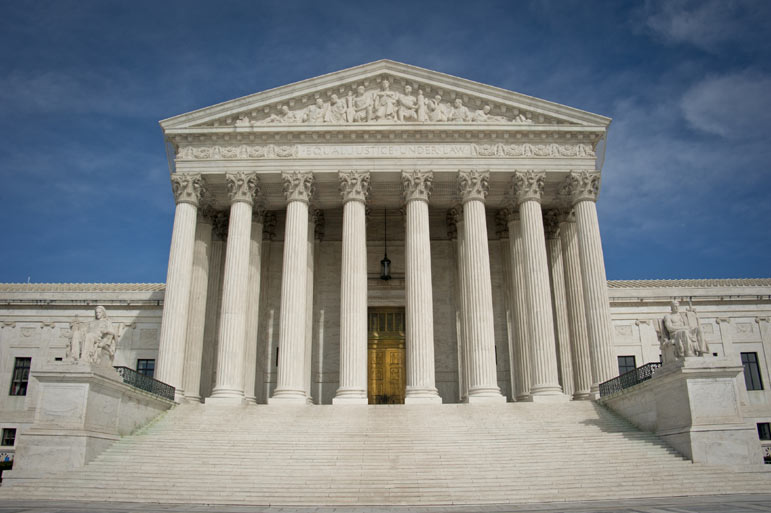
Dobbs v. Jackson Women's Health Organization, involving Mississippi's ban on abortion after 15 weeks, is, of course, the most consequential abortion case to reach the Supreme Court in decades. The arguments, as you would expect, featured plenty of intricate legal discussion.
They also delved at length into questions of policymaking that aren't rightly in the ambit of the Supreme Court -- and that the court never should have taken on in Roe and Casey, the abortion cases that are on the verge of collapse owing to their manifest constitutional shabbiness.
Indeed, the discussion was relatively light on what is the supposed source of a constitutional right to abortion. The advocates opposed to the Mississippi law located it somewhere in the 14th Amendment, even though, as Justice Samuel Alito pointed out, no one at the time of the amendment's passage believed it guaranteed a sweeping right to abortion.
Justice Sonia Sotomayor even said at one point that the Supreme Court comes up with decisions all the time that aren't directly grounded in the Constitution.
In Roe and Casey, the court made the mistake of thinking that it should be the arbiter of a fraught social and moral issue, and essentially crafted an abortion policy for the entire nation without any democratic input. Because pro-choicers like the outcome, they have become invested in the notion that Supreme Court precedent, even bad precedent, should stay on the books forevermore.
One of the more jaw-dropping moments of the arguments was when Alito nearly cornered Biden administration Solicitor General Elizabeth Prelogar into maintaining that it would have been a mistake for the Supreme Court to overturn its hideous pro-segregation decision in Plessy v. Ferguson too soon.
The conservative justices and the abortion rights advocates went back and forth on where the Supreme Court should draw the line on allowing restrictions on abortions. Prelogar and Julie Rickelman, a lawyer representing the Mississippi abortion clinic in the case, insisted that it should be at fetal viability, around 23 or 24 weeks of pregnancy.
According to Rickelman, the line of viability is "objectively verifiable and doesn't delve into philosophical questions about when life begins." This is in doubt, though. Some premature babies have survived after being born at 21 weeks, and many abortion rights advocates deny that unborn babies have any moral standing at any point in a pregnancy.
Sotomayor said that believing an unborn baby has a right to be protected under law is a religious view. If so, why does the Supreme Court get to impose its "religious view" that the state can protect a fetus after 24 weeks, but not before? She and her colleagues sit on the highest court in the land, not the Sanhedrin.
If the Supreme Court overturns Roe and Casey next year, the initial political reaction would be thermonuclear. Yet, in the bluest states, where voters are most supportive of abortion rights, nothing would change. Red states would move to restrict abortion, but there's a good chance that these measures would be popular locally.
Would they anger and motivate voters in the blue states? Maybe. But Democrat Terry McAuliffe got nowhere trying to use the Texas abortion law as a political cudgel on the Virginia gubernatorial candidate race last month.
It could be, then, that the decentralized nature of the American system -- with various state legislatures working their will in a messy patchwork befitting a vast, diverse continental nation -- comes up with an arrangement on abortion that is broadly acceptable to most people, if not necessarily morally or logically coherent.
That may not be satisfying to either side, but it would be more democratic and sensible than looking to nine justices to, in their wisdom, dictate a policy from on high.
(COMMENT, BELOW)


 Contact The Editor
Contact The Editor
 Articles By This Author
Articles By This Author